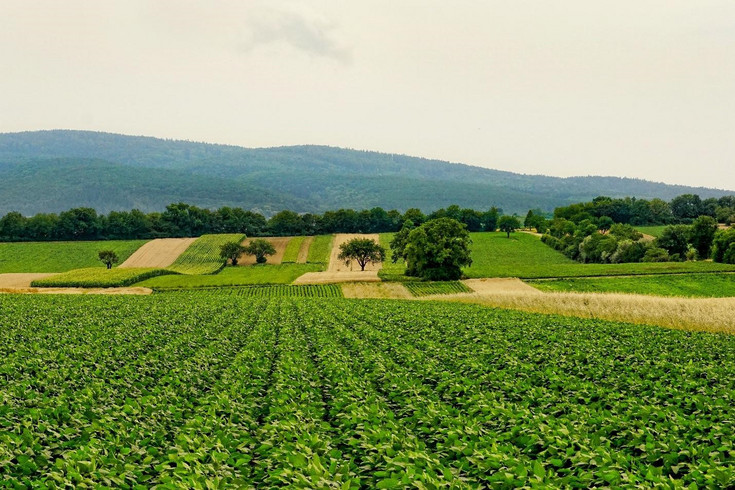The TRANSFER Danube project (InTegRAted moNitoring System For agro-climatic risks within DanubE Region) officially launched on the 1st of April 2025, marking the beginning of a significant cross-border initiative to strengthen climate resilience in agriculture across the Danube Region.
Implemented within the Interreg Danube Region Programme under the thematic priority “A greener, low-carbon Danube Region”, the project addresses the growing impact of climate change on agriculture. It focuses on analysing emerging patterns of extreme weather events—such as droughts, floods, and heatwaves—and on developing innovative tools and strategies to support sustainable adaptation in the agricultural sector.
A key output of the project will be the development of a transnational Danube e-platform. This platform will serve as an integrated hub of climate, water resources, and agricultural data, providing access to maps, models, good practices, and response strategies. It will also support knowledge transfer and promote cross-border cooperation by offering tools tailored to help stakeholders - especially those in vulnerable crop regions - adapt to the increasing challenges of climate change. The crop analysis will focus on winter wheat and maize. In cooperation with partners across the Danube Region, the project will establish a standardised monitoring system for the phenological status of the selected agricultural crops. This will form the basis for evaluating crop-specific water balances and yield projections, ultimately strengthening climate resilience in farming communities.
Beyond technological solutions, TRANSFER Danube seeks to raise awareness among policy makers and the private agricultural sector about the long-term effects of climate change on agricultural productivity. The project’s main target groups include local and regional decision-makers, agricultural policy experts, and farmers, all of whom will benefit directly from the project’s outputs. By encouraging transdisciplinary cooperation and improving the dissemination of science-based knowledge, the project aims to increase the impact of climate and agricultural research across the Danube Region. The tools and strategies developed through TRANSFER Danube will not only serve local needs but also offer transferable solutions adaptable to other European regions facing similar climate-related challenges.
The project consortium brings together 11 partners from 9 countries: Romania, Croatia, Hungary, Germany, Bosnia and Herzegovina, Bulgaria, Czech Republic, Montenegro, and Austria. The partners gathered for the official in-person opening conference, hosted by the lead partner, the National Meteorological Administration of Romania, in Bucharest in September 2025.
The project team at the Institute of Silviculture of BOKU University will focus specifically on developing adaptation strategies. These will be organised into ‘strategic measure bundles’, whereby trees and shrubs will be used to improve the microclimate of large-scale arable land, such as wind-break belts to reduce soil erosion, riparian vegetation to improve water retention along water courses, and agro-forestry concepts to improve the micro-climate in large-scale arable land.
In the context of the strategic measure bundles, it is important to define the climate-resilient and functionally appropriate range of tree and shrub species for each of the different pilot areas. In Austria, the Marchfeld and Tullnerfeld regions are being examined in more detail in collaboration with the Agricultural Chamber of Lower Austria.
The total project budget is EUR 1,842,379.96, of which EUR 1,473,903.96 is covered by the Interreg Danube Region Programme co-funded by the European Union (more information about the programme: https://interreg-danube.eu/). The project will be implemented over 30 months, running from April 2025 to September 2027.
Stay updated by following us on Facebook, X (Twitter), LinkedIn, and YouTube.
For more information, visit our project website: https://interreg-danube.eu/projects/TRANSFER-Danube.
